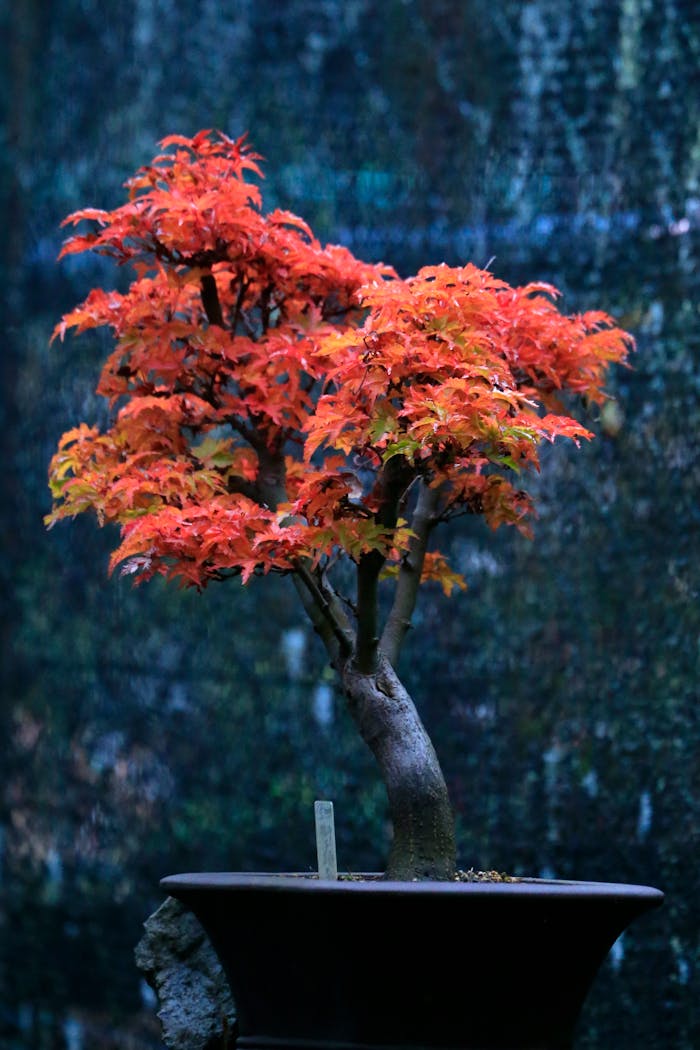|
IN BRIEF
|
Imagine stepping into your garden and being greeted by the intoxicating scents of fresh herbs that awaken your senses and elevate your culinary creations. Aromatic plants are not just mere decorations; they are the silent stars of a well-planned kitchen garden. These herbs, such as basil, rosemary, and thyme, infuse your dishes with vibrant flavors while also offering a feast for the senses. As you cultivate your garden, you’ll discover the joy of using homegrown herbs in your meals, enhancing everything from salads to roasted meats. Explore the world of aromatic plants and unlock the potential of your kitchen garden, transforming it into a lush sanctuary filled with both beauty and deliciousness.
Creating a kitchen garden filled with aromatic plants can elevate your culinary experiences and transform your cooking routine. These aromatic herbs not only bring delightful flavors to your dishes but also enhance the ambiance of your garden. By incorporating these ingredients into your outdoor space, you can cultivate a thriving environment that is both practical and beautiful.
Community and Education
Establishing a kitchen garden can spark community engagement. Sharing tips, exchanging herbs, and participating in local gardening groups fosters connections with fellow gardening enthusiasts. Learning from others’ experiences can inspire your gardening journey.
Integrating aromatic plants into your kitchen garden can greatly enhance your culinary endeavors while promoting a healthier lifestyle. The combination of beautiful aromas, flavors, and sensory experiences creates a fulfilling gardening journey that can be enjoyed year-round. With careful planning and dedication, your garden can flourish, providing endless culinary delights and enriching your relationship with nature. Explore options like growing flowers that thrive in sunny balconies to further enhance your gardening experience сan be found here.
Versatile Favorites
Basil, parsley, cilantro, and rosemary are versatile herbs that deserve a spot in every kitchen garden. These herbs not only boast a range of flavors but can also be used in various dishes, from salads to marinades. Basil, for example, adds a refreshing taste to pasta dishes, while parsley provides a vibrant garnish and enhances meals’ visual appeal.
Creating a Lush Kitchen Garden
When it comes to establishing a successful kitchen garden, the inclusion of essential aromatic plants is paramount. These plants not only enhance the flavors of various dishes, but they also contribute to the overall aesthetics of your outdoor space. For instance, herbs like basil and rosemary are excellent choices that can thrive in small Spaces. Basil, with its vibrant green leaves and fragrant aroma, is perfect for adding depth to pasta and salads. Meanwhile, rosemary’s unique scent can elevate the experience of roasted meals, making it a staple in many kitchens.
In addition to their culinary uses, these aromatic plants serve functional roles within the garden. They attract beneficial insects such as bees and butterflies, which help pollinate neighboring plants. Incorporating rosemary and thyme can create a biodiversity-friendly environment that enriches both the flora and fauna present in your garden. Moreover, these herbs are resilient and adaptable, allowing them to withstand various growing conditions.
The Benefits of Aromatic Plants
Beyond culinary and ecological advantages, aromatic plants possess medicinal properties that can be harnessed in home remedies. Mint, for instance, is not only refreshing in beverages but also serves to soothe digestive issues. As renowned botanist Andrew Weil quoted, “Growing your own food is like printing your own money.” This notion emphasizes the long-term benefits of cultivating aromatic herbs in your kitchen garden, providing both sustenance and satisfaction. Therefore, selecting the right aromatic herbs will undoubtedly lead to a flourishing garden and a more flavorful culinary experience.
Creating a thriving kitchen garden begins with the selection of essential aromatic plants that can elevate both the aesthetic and culinary attributes of your outdoor space. Incorporating herbs like basil, rosemary, and thyme not only fulfills a practical purpose in your cooking but also releases invigorating scents that enhance your gardening experience. These aromatic herbs, easy to cultivate in various settings, from balconies to backyard plots, provide an accessible way to bring fresh flavors to your dishes. Furthermore, plants such as mint and oregano are versatile companions, thriving alongside vegetables and flowering plants while attracting beneficial insects. Overall, a successful kitchen garden flourishes with the presence of these delightful herbs, offering both culinary joy and an enchanting atmosphere.
Frequently Asked Questions about Essential Aromatic Plants for a Successful Kitchen Garden
What are the best aromatic plants to grow in a kitchen garden? Some of the finest choices include rosemary, basil, thyme, oregano, and mint, which thrive well in various gardening conditions.
Which herbs are considered perennial in a kitchen garden? Herbs like rosemary, sage, thyme, and chives are perennial, providing continuous growth year after year.
Are there any aromatic herbs that are easy to grow? Yes! Mint, parsley, and basil are quite easy to cultivate, making them perfect for novice gardeners.
How can I enhance my cooking with these herbs? Incorporating basil in salads or pasta, or using rosemary with roasted dishes elevates flavors significantly.
What benefits do aromatic herbs provide in cooking? Aromatic herbs not only add flavor but also contribute essential nutrients, enhancing both taste and health.
Can I grow these herbs in pots? Absolutely! Many aromatic herbs like thyme and oregano thrive when grown in pots, perfect for balcony gardens.
Which herbs are best to use fresh versus dried? Herbs such as basil, chives, parsley, and mint are best enjoyed fresh, while thyme and oregano hold their flavor well when dried.
What should I consider when planting aromatic herbs? Consider your climate, the amount of sunlight your garden receives, and the space available when choosing what aromatic herbs to plant.
How often should I water my kitchen herbs? Generally, kitchen herbs like rosemary and sage prefer to dry out slightly between watering, while mint likes consistent moisture.
Are there aromatic plants that attract beneficial insects? Yes, many of these plants, including lavender and rosemary, attract pollinators and other beneficial insects to your garden.

